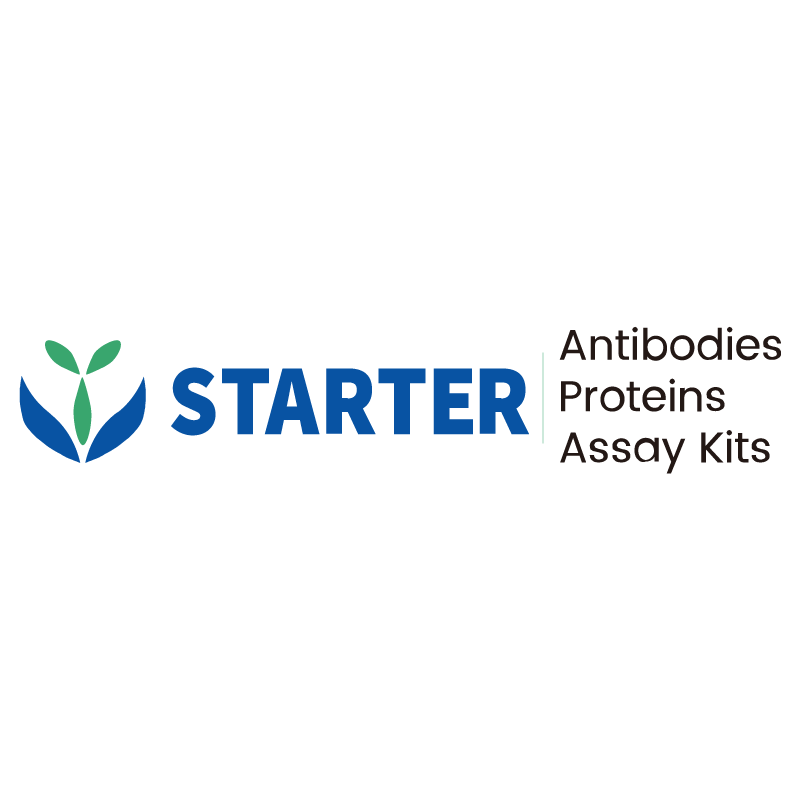Flow cytometric analysis of human PBMC (human peripheral blood mononuclear cell) labelling Human CD28 antibody at 1/2000 (0.1 μg) dilution (Right) compared with a Mouse monoclonal IgG isotype control (Left). Then cells were stained with CD19 - Brilliant Violet 421™ separately. Gated on total viable cells.
Product Details
Product Details
Product Specification
| Host | Mouse |
| Antigen | CD28 |
| Synonyms | T-cell-specific surface glycoprotein CD28; TP44 |
| Location | Cell membrane |
| Accession | P10747 |
| Clone Number | S-R547 |
| Antibody Type | Mouse mAb |
| Isotype | IgG1 |
| Application | FCM |
| Reactivity | Hu |
| Positive Sample | Human PBMC |
| Purification | Protein G |
| Concentration | 2 mg/ml |
| Conjugation | Unconjugated |
| Physical Appearance | Liquid |
| Storage Buffer | PBS pH7.4 |
| Stability & Storage | 12 months from date of receipt / reconstitution, 2 to 8 °C as supplied. |
Dilution
| application | dilution | species |
| FCM | 1:2000 | Hu |
Background
CD28 (Cluster of Differentiation 28) is one of the proteins expressed on T cells that provide co-stimulatory signals required for T cell activation and survival. T cell stimulation through CD28 in addition to the T-cell receptor (TCR) can provide a potent signal for the production of various interleukins (IL-6 in particular). CD28 is the receptor for CD80 (B7.1) and CD86 (B7.2) proteins. When activated by Toll-like receptor ligands, the CD80 expression is upregulated in antigen-presenting cells (APCs). The CD86 expression on antigen-presenting cells is constitutive (expression is independent of environmental factors). It is generally reported, that CD28 is expressed on 50% of CD8+ T cells and more than 80% CD4+ T cells in human, but during the course of activation some T cells lose this molecule. In general, CD28 is a primary costimulatory molecule for T cell activation.
Picture
Picture
FC


